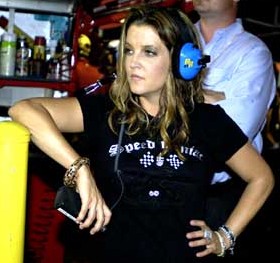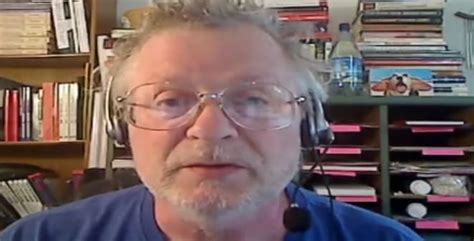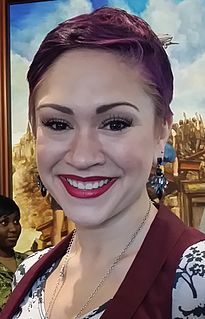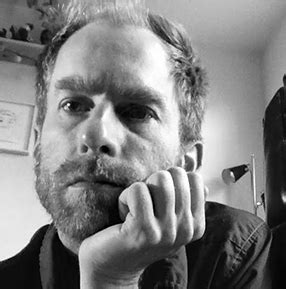A Quote by Tony Judt
I've lost count of the interviews I've done about my illness and its relationship to my ideas and writing.
Quote Topics
Related Quotes
Write all the time. I believe in writing every day, at least a thousand words a day. We have a strange idea about writing: that it can be done, and done well, without a great deal of effort. Dancers practice every day, musicians practice every day, even when they are at the peak of their careers – especially then. Somehow, we don’t take writing as seriously. But writing – writing wonderfully – takes just as much dedication.
What does it mean to have a healthy relationship? It's such a strangely clinical way of talking about interpersonal dynamics, like you can do a white blood cell count and say, 'No, it's not looking good for that one.' It's impossible to have a loving relationship in which you never cause pain and no pain ever is caused to you.
Forgiveness does not create a relationship. Unless people speak the truth about what they have done and change their mind and behavior, a relationship of trust is not possible. When you forgive someone you certainly release them from judgment, but without true change, no real relationship can be established.
I'm writing as I'm reading. I'm constantly already engaged in dialogue with the critics. None of these are my ideas solely. They are my form of entering into a dialogue with ideas that are already out there, and calibrating how much sense these make to me or not. I want to be responsible to the work that has already been done.








































